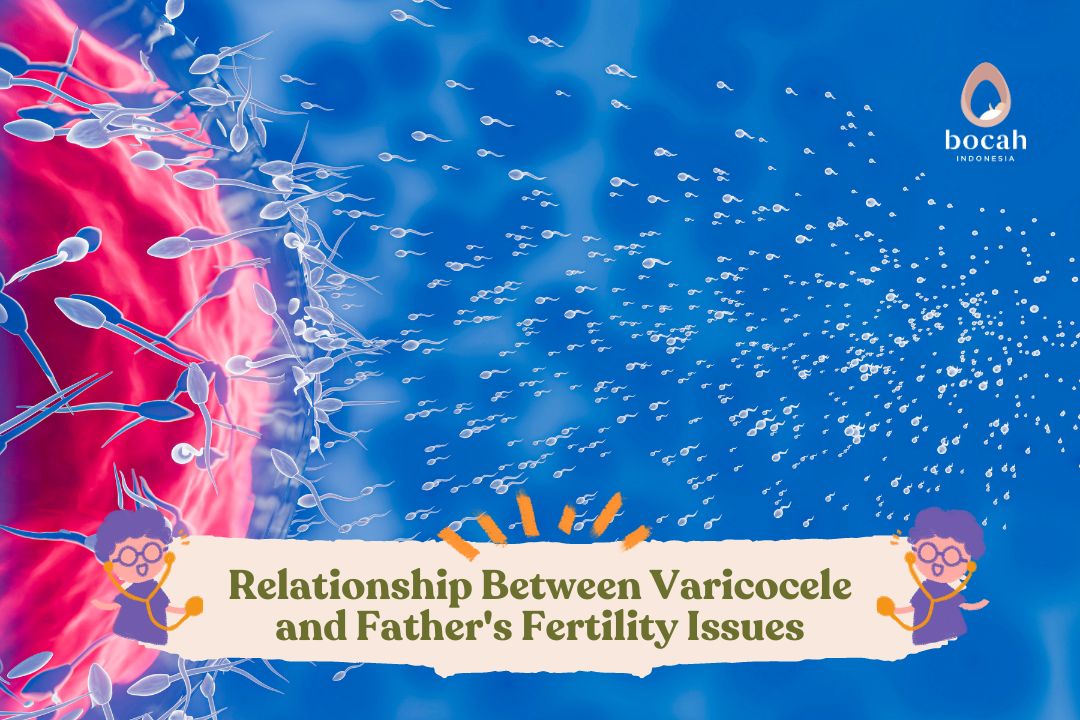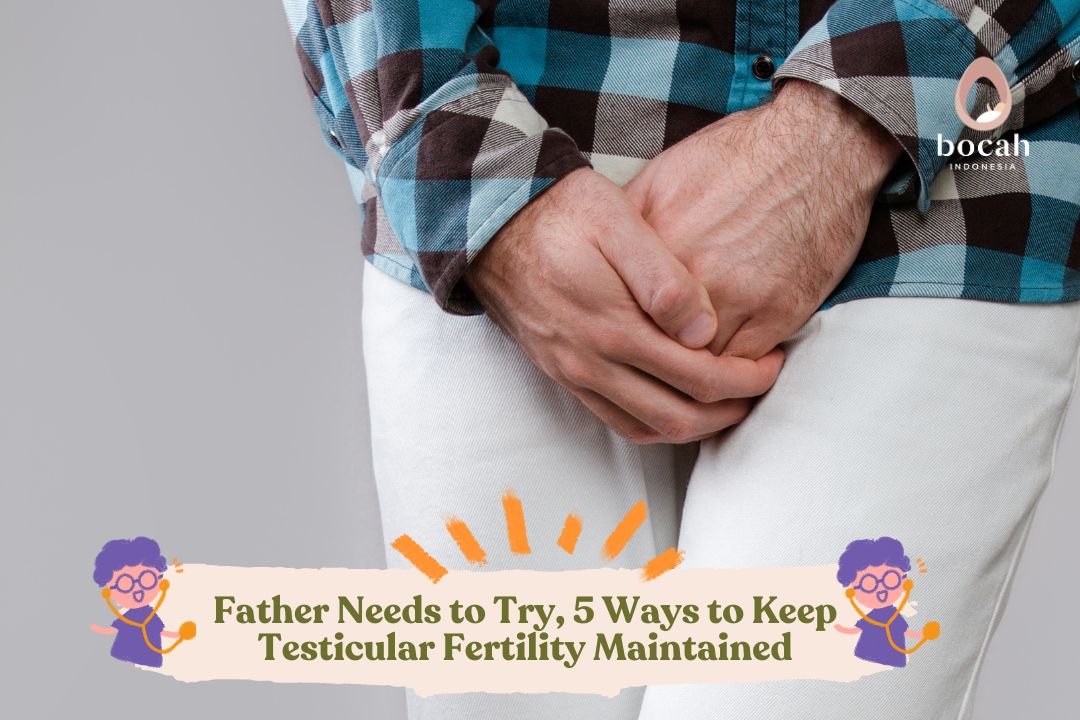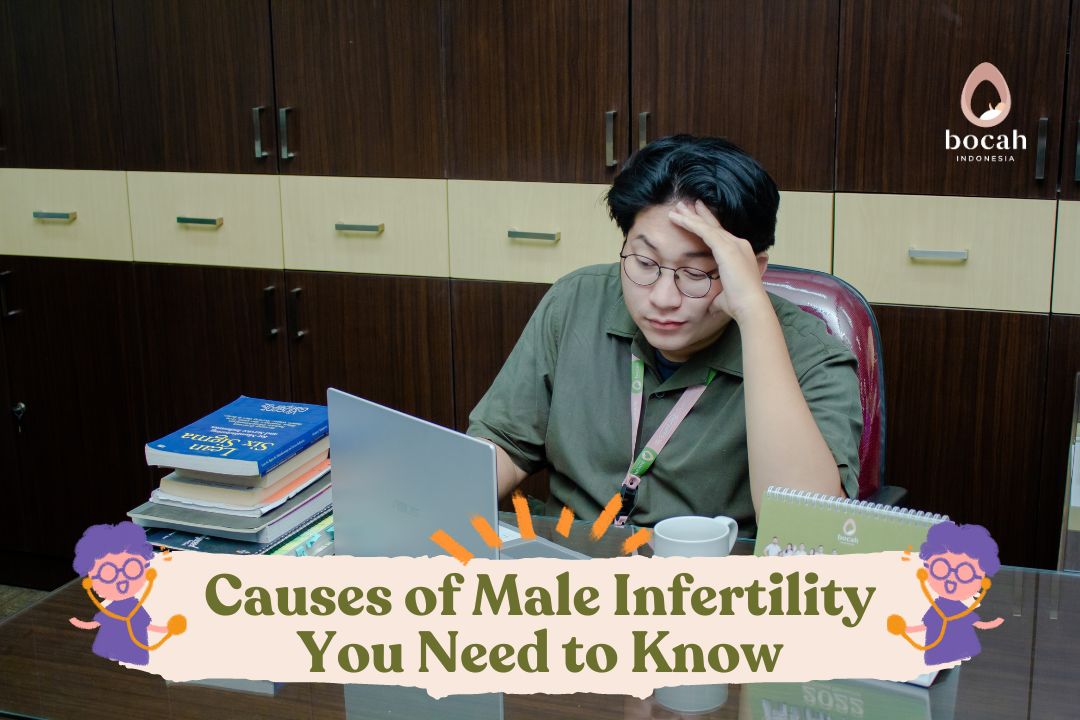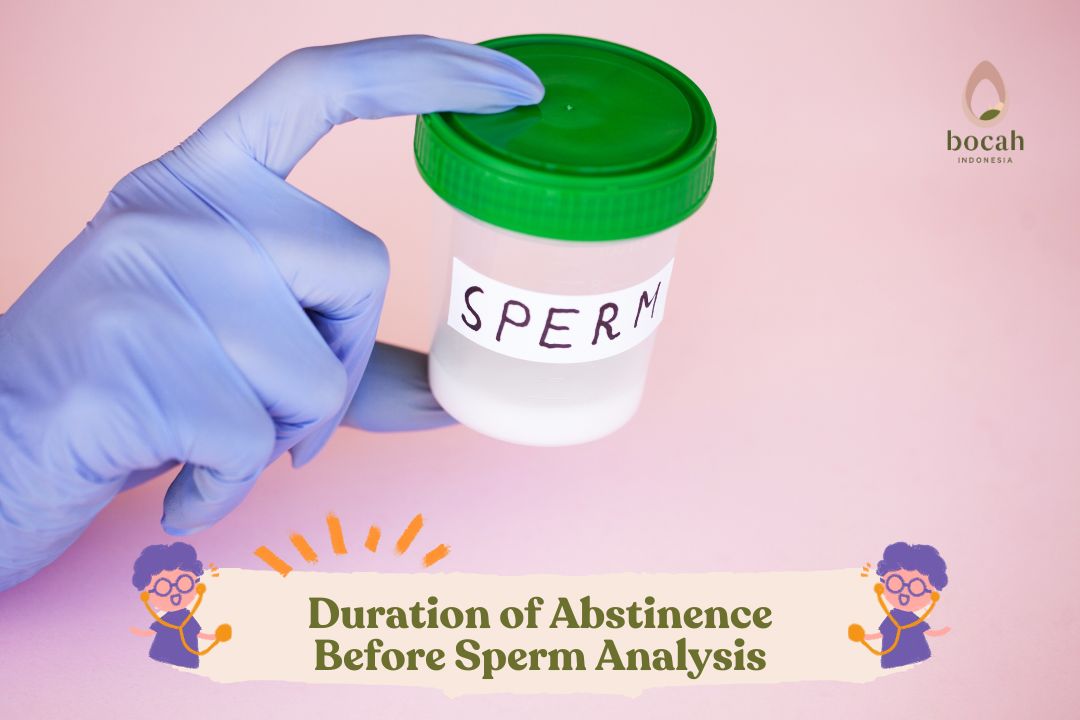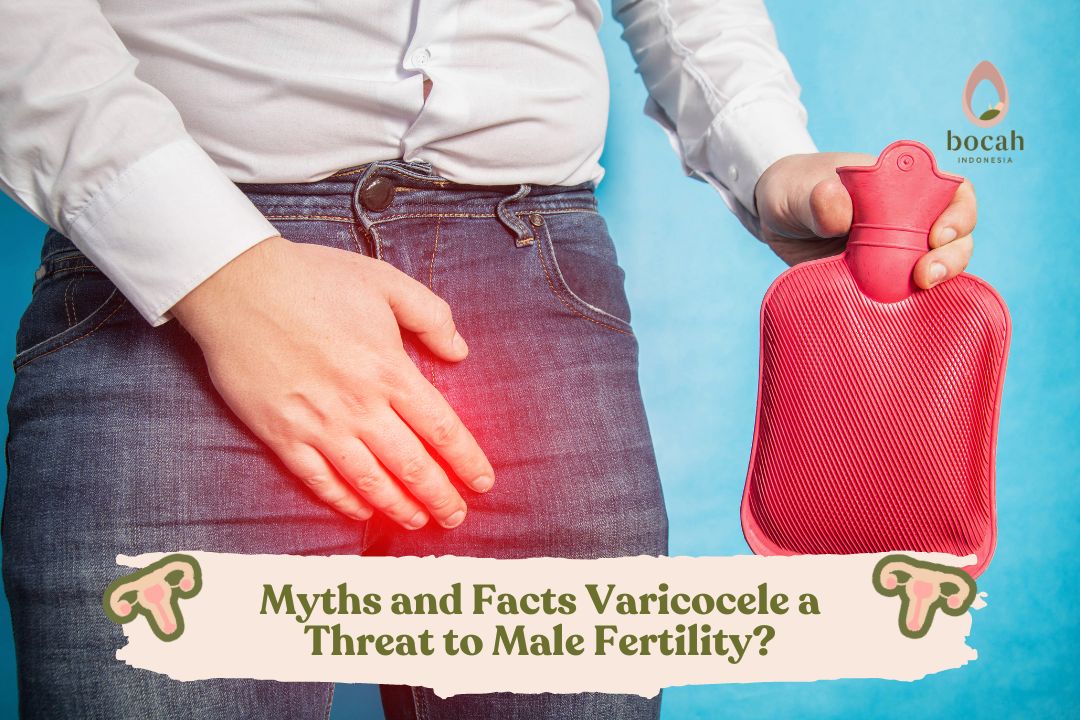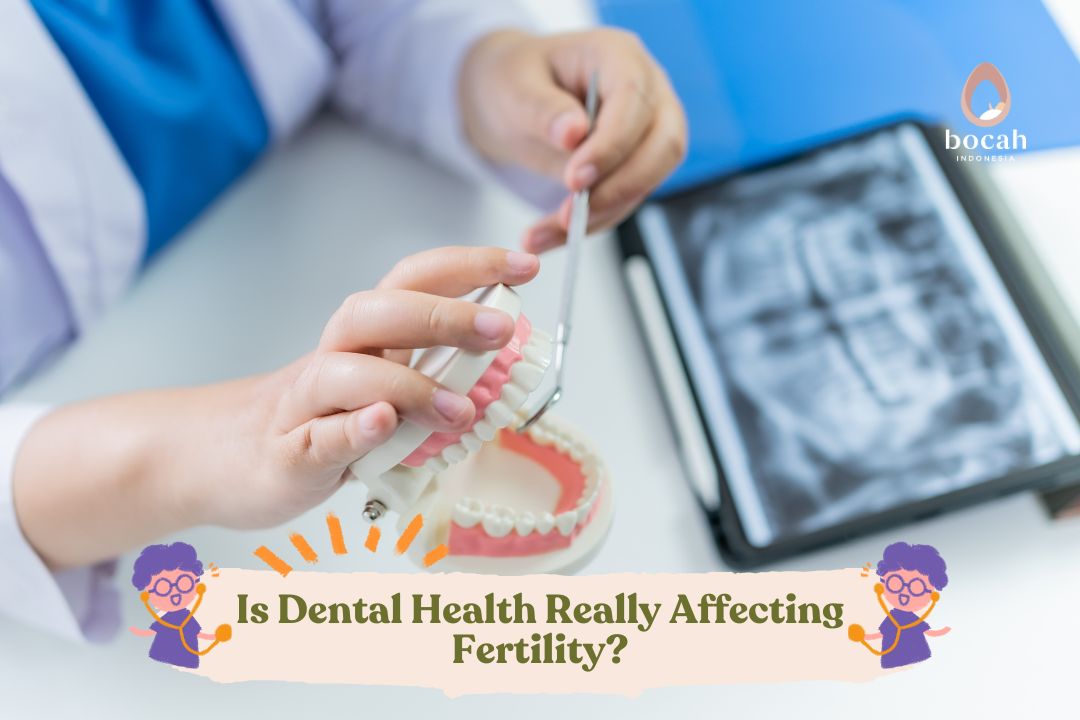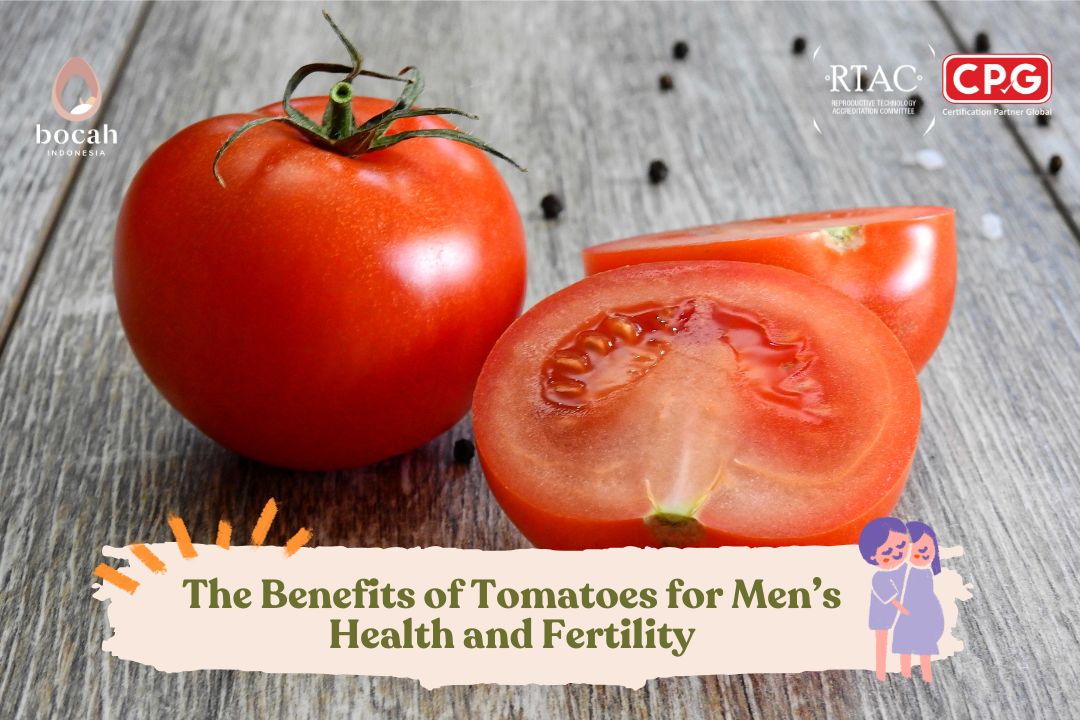The Relationship Between Age and Father’s Fertility

As a mother’s age increases, the number of remaining egg cells in the womb decreases. This, of course, affects the mother’s fertility, making it more challenging to conceive. Therefore, if you’re over 35 years old and haven’t been pregnant yet, it’s recommended to undergo fertility tests. Especially since you’ll be entering menopause between the ages of 45 and 50.
If the mother’s fertility condition is influenced by age, what about the father’s fertility?
Relation of Age Factor with Father’s Fertility
In essence, the prime time for sperm is during the reproductive years, i.e., ages 20-40. During this period, sperm quality is at its peak. However, fathers above the age of 50 can still fertilize an egg. For example, Hollywood actor Richard Gere, at 70, was blessed with his second son with his wife, Alejanda Silva, in 2020. This celebrity couple, with a 33-year age gap, had a baby boy, proving that sperm from older fathers can still fertilize an egg.
Typically, the sperm count in men is 15 million per ml of semen. This number certainly has a high chance of achieving pregnancy. But when a father’s age exceeds 50, there’s a 30% reduction in sperm concentration in the semen.
According to Dr. Gito Wasian, Sp.And, an andrology specialist at the Indonesian Children’s Fertility Center, he mentioned that both sperm production and number can decrease at that age. Moreover, the concentration or sperm count will also drop.
Tanya Mincah tentang Promil?
“The aging process can affect sperm quality, including daily sperm production, total sperm count, and viability (the potential or life force of seeds to grow normally under optimum conditions) of sperm. Furthermore, sperm concentration can also decrease by up to 30% in men over the age of 50,” said Dr. Gito.
Bad Habits that Lower Sperm Quality
Age is not the only factor affecting a father’s fertility. Unhealthy lifestyles, such as smoking, alcohol consumption, and excessive caffeine intake, can diminish a father’s sperm quality.
The smoke and chemicals in cigarettes can cause abnormalities in sperm (genetic damage to sperm DNA) and even reduce sperm count. Meanwhile, if a father frequently consumes alcohol, it can lower testosterone levels, crucial for sperm production. Alcohol can even cause premature ejaculation, erection issues, and reduce sperm motility or movement.
Some other factors might unconsciously affect the father’s sperm quality, such as keeping a mobile phone in the trouser pocket. Some studies suggest that mobile phone radiation can influence sperm concentration. This happens due to the heat and electromagnetic signal activity emitted by mobile phones. While further research is necessary, it’s advised to avoid this by not keeping phones in trouser pockets.
Another habit that might affect the father’s sperm quality is placing a laptop on the lap. According to Dr. Androniko Setiawan, Sp.And, this habit can deteriorate sperm quality.
“If we have the habit of (placing a laptop on our laps), it can indeed worsen sperm,” said Dr. Androniko Setiawan, Sp.And.
This is because the laptop’s heat can increase the temperature around the testicles, affecting sperm production.
What Should Fathers Do to Increase Fertility?
Don’t worry, fathers can improve sperm quality by adopting a healthy lifestyle and avoiding bad habits. With consistent effort, there’s a possibility of better sperm quality. Aim for a balanced diet, increase the intake of foods rich in antioxidants (folic acid, vitamin C, vitamin E, zinc), and exercise regularly, though cycling is better avoided.
For fathers who enjoy saunas or hot baths, it’s best to avoid these habits as they might reduce sperm quality.
Now you’re aware that age can influence fertility, right? Don’t worry, if you’re planning to conceive, consider having a sperm examination first. This test is vital for those who wish to conceive quickly. Good luck on your joint effort!
Wish to share this information with other parents? Don’t forget to share!
Source:
- Gorpinchenko, I., et al. (2014). The influence of direct mobile phone radiation on sperm quality. Cent European J Urol. 2014; 67(1): 65–71.
- Hamada, A.J., et al. (2011). Cell Phones and their Impact on Male Fertility: Fact or Fiction. The Open Reproductive Science Journal, 2011, 5, 125-137.
- Adams, J.A., et al. (2014). Effect of mobile telephones on sperm quality: a systematic review and meta-analysis. Environ Int. 2014 Sep;70:106-12.


